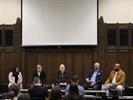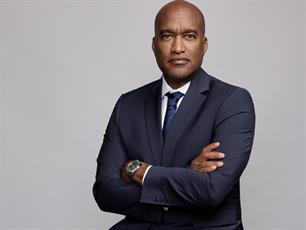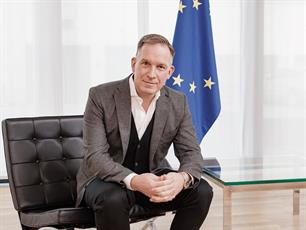Arun Sudhaman 27 Jun 2012 // 11:00PM GMT
SAN FRANCISCO--Wikipedia’s communications chief has welcomed new guidance which urges PR pros to stop directly editing pages which relate to organisations or brands that they represent.
Jay Walsh, head of communications at the Wikimedia Foundation, told the Holmes Report that the new guidance from the UK’s Chartered Institute of Public Relations (CIPR) reflects the concerns of the Wikipedia contributor community.
“CIPR's basic message, from what I see, that PR folks editing Wikipedia directly is problematic, echoes what we hear from the community of Wikipedia contributors,” said Walsh. “Those who come to Wikipedia with a clear conflict of interest are generally going to face real challenges in terms of editing and contributing to the project.”
The CIPR formulated its advice following a consultation period that began earlier this year, after some damaging revelations emerged concerning the PR industry’s approach to a website that has become an authoritative source of information.
“The main theme of the guidance is quite simple – where there is a clear conflict of interest created by the relationship between the public relations professional and the subject of the Wikipedia entry, such as a client or employer, they should not directly edit it,” said CIPR CEO Jane Wilson.
Instead, the CIPR advises engagement with regular contributors - ‘Wikipedians’ - on the article’s Talk page. "If something's been written about your client, tell them your client has a response, or a response that has been published elsewhere and should be on the site. This is effective almost always," says Wikipedia founder Jimmy Wales in the CIPR’s guidance document. “Talk to the community with respect. State your job title, identity, interest and company. Escalate with kindness."
If that approach proves unsuccessful, the CIPR provides a number of steps that PR people can follow to improve inaccurate articles, including suggestions regarding the various dispute resolution mechanisms that exist on the site.
Walsh said that trying to directly edit a page could potentially embarrass the organization or PR representative in question. “Rather than engaging on the specific page, and potentially causing more harm in the long run to the article and the topic, readers can help by offering suggestions and pointing to solid and reputable facts to make the article better and more balanced.”
He also pointed out that Wikipedia wants people to contribute without bias and participate “broadly” rather than just engaging on one specific topic. “Everyone is welcome to contribute to our project, but the expectation is that contributors will come to help Wikipedia broadly - to become members of this community and to give their time freely to create and spread free knowledge.”


































.jpg)

















